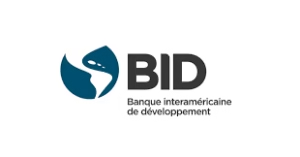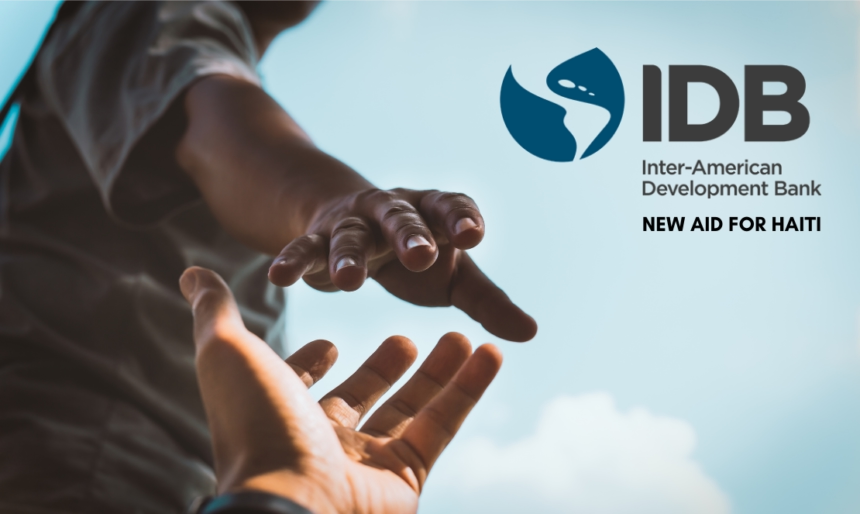The Inter-American Development Bank (IDB) has approved a $100 million grant to revitalize essential health services in Haiti’s vulnerable northern departments, aiming to rescue the region’s collapsing healthcare system and restore primary care.
Approved by the IDB’s Board of Executive Directors, the operation’s core objective is to restructure and fortify Haiti’s health network. It will finance key surveys and analyses to modernize management. This includes digitizing health services. The data collected will underpin a medium-term investment master plan to guide future spending.
The project builds on IDB-backed social protection programs launched in 2022. On the ground, it will directly support primary care delivery to address a dual challenge: preventing and treating common non-communicable diseases, such as diabetes and hypertension, and combating persistent infectious diseases, including cholera, tuberculosis, malaria, HIV, and human papillomavirus (HPV).
Recognizing stark inequalities in access to care, the initiative includes a strong equity component. Tailored care protocols will be developed for internally displaced people, returning migrants, vulnerable women, and people with disabilities—designed around their specific needs and preferences.
Most of the grant will be allocated toward upgrading health infrastructure and enhancing the capacity of facilities serving priority communities. Officials describe this as a first step in a long-term commitment to rebuild Haiti’s public health network, beginning in the wider northern region.
Disbursement and implementation are planned over 84 months, targeting direct health and service improvements for 750,000 people in the North, Northwest, and Northeast. The program aims to increase healthcare access and resilience, and provide measurable relief for communities in those departments, ultimately strengthening the health system for all Haitians.
The announcement comes amid stark warnings from humanitarian groups about the collapsing health services in Haiti. This week, Mumuza Muhindo Musubuho, head of mission for Médecins Sans Frontières (MSF) in Haiti, described a system “on the verge of collapse,” noting widespread clinic closures driven by rampant gang violence that MSF says controls more than 90% of the capital.
“The health situation in Haiti is extremely worrying,” Musubuho said. He cited a convergence of violence, displacement, and institutional breakdown, pushing thousands into a humanitarian crisis. Daily violence forces families from their homes. Clinics either shut down or drastically scale back, leaving much of the population without basic care.
Facilities that remain open focus almost exclusively on life-threatening emergencies. As a result, patients with chronic conditions—HIV, tuberculosis, hypertension, epilepsy—are losing access to regular treatment and medicines. He told Radio Magik9 on Wednesday, October 8, that the shift is overloading the few centers that are still operational. This fuels a resurgence of communicable diseases, particularly in crowded displacement sites.
MSF also highlighted a chilling trend. Teams now treat at least 15 survivors of sexual violence every day. Of these cases, 26% involve minors, mainly children under 15. The share of child survivors has more than doubled since the start of the year.
With essential services buckling, MSF issued an urgent appeal to donors and the international community. They call for increased funding and more medical capacity on the ground. MSF warns that without swift action, a worsening health emergency could become an irreversible human catastrophe.








